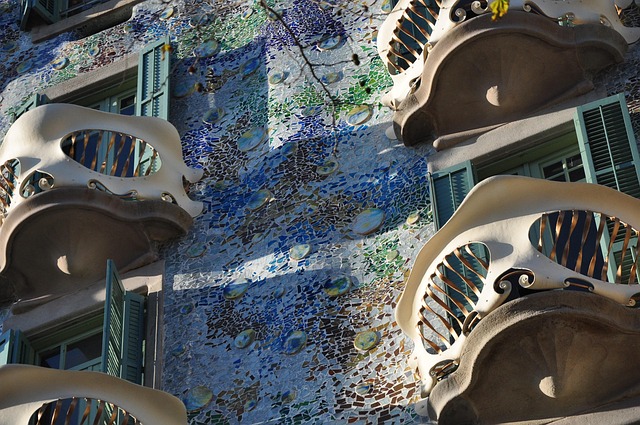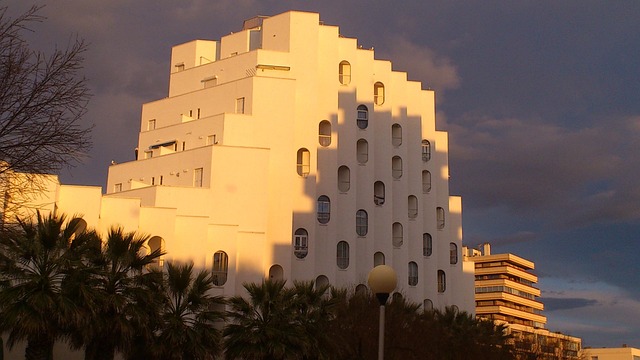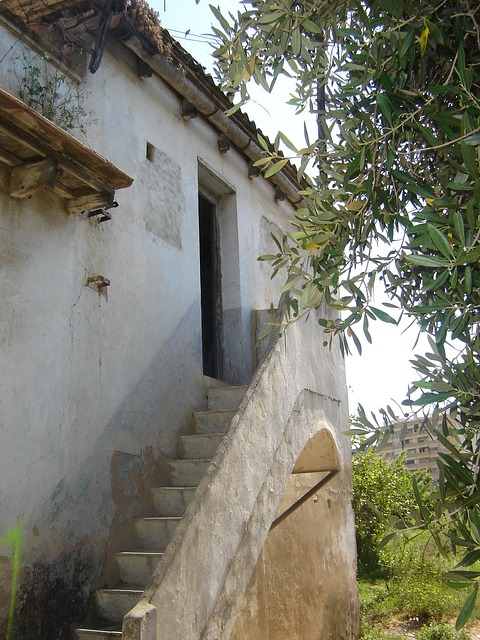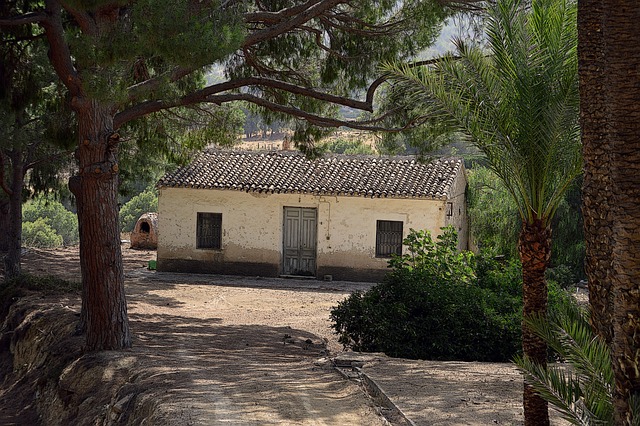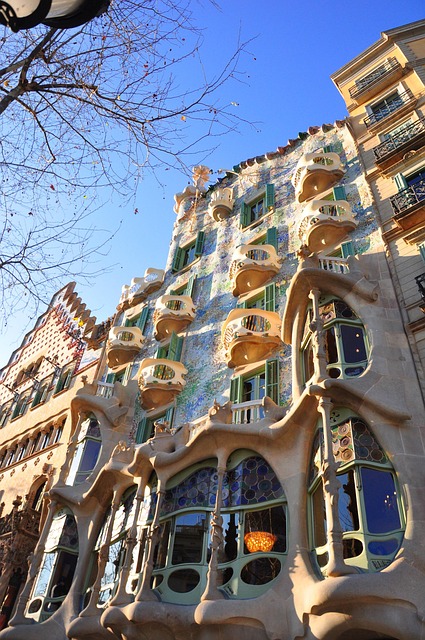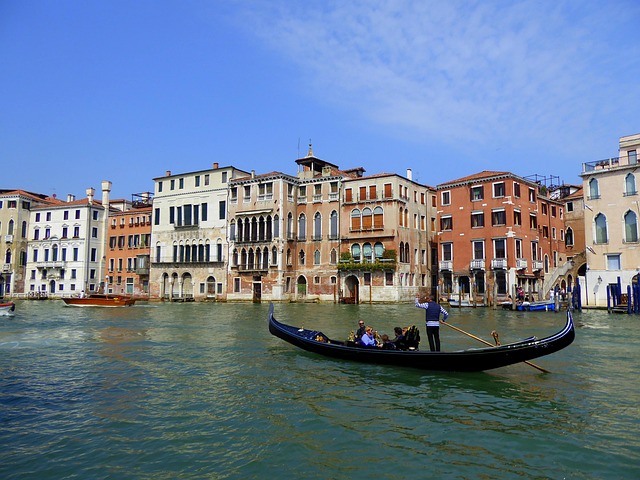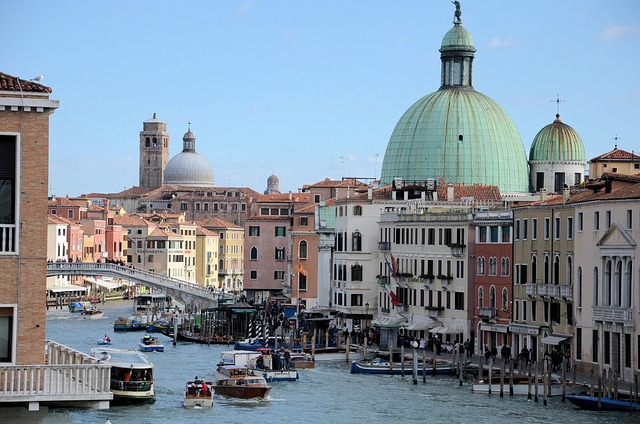Cultural events and festivals significantly impact real estate markets by attracting diverse populations, showcasing unique city characters, and boosting property values. Real estate developers strategically plan around these festivals, driving market growth and fostering economic development. Festivals act as economic catalysts, enhancing community spirit and cultural exchange while leaving lasting impacts. Successful festival planning requires meticulous venue selection, strategic partnerships with local businesses, and creative leveraging of the urban landscape, ultimately enriching a city's cultural fabric and boosting real estate appeal.
“Experience the vibrant pulse of cities through their rich cultural events and festivals—a symphony of colors, traditions, and energy that transcends borders. This article explores the profound impact of these gatherings on local real estate markets, highlighting their role as economic catalysts and community glue. From attracting investors to fostering a sense of belonging, cultural festivals revitalize urban spaces, shaping desirable neighborhoods. Discover how strategic planning and sustainability efforts ensure these events leave lasting legacies, transforming cities into vibrant hubs that thrive year-round.”
The Impact of Cultural Events on Real Estate Markets
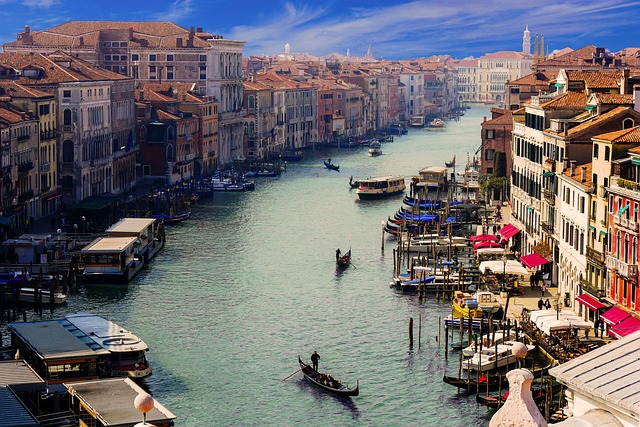
Cultural events and festivals have a profound impact on real estate markets, creating vibrant spaces that attract diverse populations. These gatherings often highlight a city’s unique character, enhancing its appeal to potential residents and investors alike. The buzz and energy generated by such events can significantly raise property values in nearby areas, making them more desirable for both living and investment purposes.
Real estate developers often take note of these cultural hotspots, recognizing their potential to drive market growth. As a result, they strategically plan projects around major festivals, ensuring that the surrounding neighborhoods benefit from increased footfall and exposure. This symbiotic relationship between cultural events and real estate not only enriches communities but also fosters sustainable economic development.
Festivals as Economic Boosters and Community Hubs
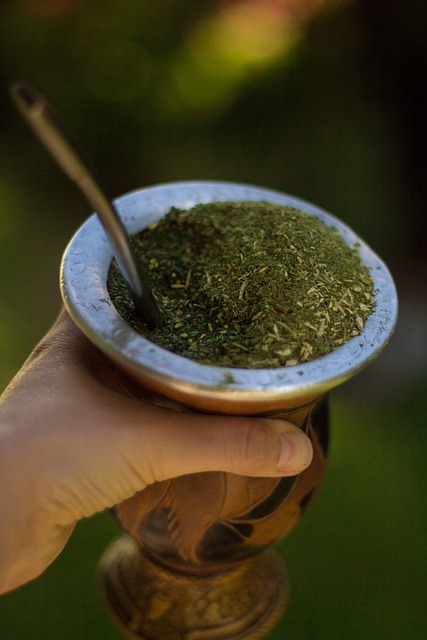
Festivals have become a significant economic booster for many cities and towns, attracting visitors from all over and contributing to local businesses. These vibrant gatherings bring people together, fostering a sense of community and cultural exchange. In terms of real estate, festivals can enhance the appeal of an area, increasing property values and encouraging development. Local businesses benefit from increased foot traffic, while visitors are drawn to the unique experiences and the chance to immerse themselves in the local culture.
As community hubs, festivals offer a platform for showcasing local talent, artisans, and entrepreneurs. They provide a space for social interaction and build connections that strengthen the sense of belonging. The energy and enthusiasm generated during festivals often have lasting impacts, inspiring locals and visitors alike, and leaving memorable experiences that draw people back year after year.
Planning and Sustaining Cultural Festivals in Urban Spaces
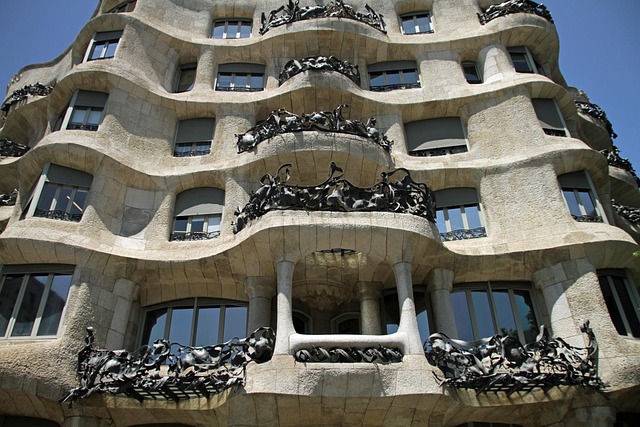
Cultural festivals are a vibrant aspect of urban life, enhancing the city’s identity and attracting visitors. However, their successful planning and sustained impact require careful consideration. The real estate factor plays a significant role in this process, as festival organizers must choose suitable locations that can accommodate large crowds and offer the necessary infrastructure. From parklands to historic districts, the venue selection is crucial for creating an immersive experience.
Sustaining these festivals involves strategic partnerships with local businesses and community groups to share resources and ensure long-term viability. This collaboration helps in managing costs, promoting the event, and fostering a sense of ownership within the community. By engaging the urban landscape creatively, cultural festivals can become regular features that enrich the lives of residents and leave lasting memories for visitors, ultimately contributing to the city’s cultural tapestry.
